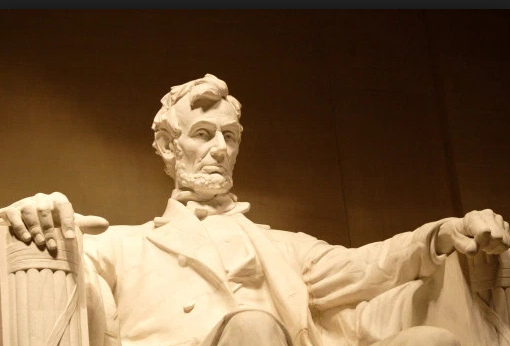Tag: be decisive

The Zen of Abraham Lincolns Leadership Abilities
Zen teaches that the potential to achieve enlightenment is inherent in everyone but lies dormant because of ignorance. It is best awakened not by the study of scripture or the practice of good deeds, but by breaking through the boundaries of mundane logical thought. Lincolns leadership abilities certainly break through these boundaries. This blog will…